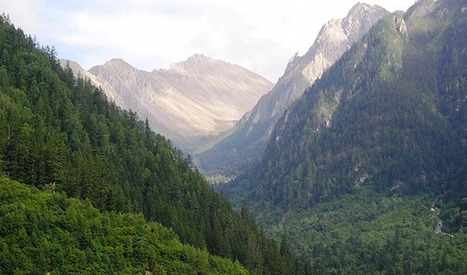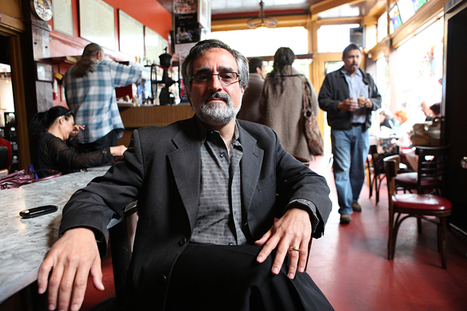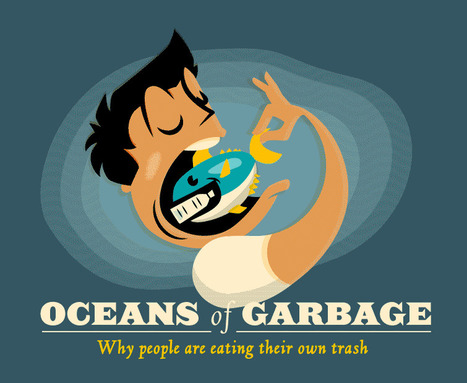China is growing a lot of trees: Here's why that news might not be as great you might think
Get Started for FREE
Sign up with Facebook Sign up with X
I don't have a Facebook or a X account
 Your new post is loading... Your new post is loading...
 Your new post is loading... Your new post is loading...

PIRatE Lab's curator insight,
December 28, 2013 5:44 PM
As I have gotten older and more experienced in the ways of the world, I have come to realize that before we can truly tackle environmental problems and management challenges, we need to first have either 1) outright physical might and dominance (i.e. not the best approach) or 2) a stable and just system of laws and policies that are founded on Lockean principals and democratic sunlight.
When we have corruption and cronyism, we can never really achieve the progress we may work so hard and long for in our oceans, land, and air. I have also found that we here in the States are used to thinking of these concepts of corrupt governments as applying to the developing world (such as our current conservation challenges in Turkey…see here for the latest twist). This example of corruption above and undue influence peddling in San Francisco (see also this story) and the many examples from across the country (such as USC silencing public disclosure of its real estate transactions, Los Angeles’s Department of Water and Power’s Unions apparently embezzling millions of dollars from the public as the price for their not striking, and New Orleans’s Mayor feeling that natural disaster recovery is his own ticket to graft) are key to stay abreast of. While these topics may seem far removed from those of us working in the field for responsible management and stewardship of our natural resources, we cannot afford to allow such vice to go unchecked. At the heart of such unjust behavior is an inability to maintain the public trust and being able to go forward with our progress for planet and people alike.
We need only look to the lack of confidence in the U.S. Congress and associated disenchantment with government’s ability to tackle major issues to see the erosive power of corruption. |
|



















